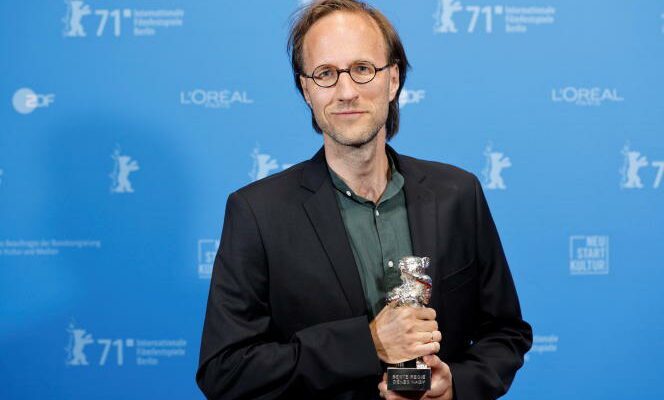For his first feature-length fiction film, the Hungarian Dénes Nagy, born in 1980, has chosen to highlight an episode of the Second World War long passed over in silence in his country and still totally neglected today.
Your film describes an event that happened during the Second World War. How did you discover this story?
There have been two books published about this event including the novel Természetes feny (Natural Light, 2014), by Pal Zavada. But my main source of inspiration was the diaries kept by the Hungarian soldiers that I discovered in the military archives of Budapest. By reading them, one understood well the nature of the war, that it was about a mixture of boredom and brutality.
What interested you in your character’s journey?
When constructing the character for my film, I thought of my grandfather, who was a music teacher in a village. He told me many war stories. No one talks anymore about how the Hungarians behaved during the conflict. I have often wondered what I would have done myself in the place of my grandfather, who was a good man. Can you imagine yourself as a weak man, as a coward? This is a question I often ask myself.
The spectator is literally placed in the middle of the action, at the risk of not having a precise vision of it. How would you define your directing choices?
I wanted there to be a certain distance between the protagonists and the events. The dramaturgy is in phase with the character. I imagined a situation where it would be impossible to know if he made a bad decision. It was also about creating a dark and confused atmosphere. The only thing he knows is that my character wants to go home.
What were your influences?
My film is deeply linked to a Hungarian cinema tradition, but with the concern of showing something more than what this one showed. I was also very impressed by the films of Bruno Dumont. The way he approaches very raw situations, and his relationship to landscapes and the way the characters fit into them. I also immersed myself a lot in Andrei Tarkovsky.
How is this past approached today in Hungary?
These are subjects which today are totally neglected. The public does not know the details of this story. The Hungarian army is perceived as a victim and not as having been part of the executioners. There is a monument in Budapest to the glory of the army, where it is believed to have been forced by the Nazis into war. My film does not attempt to open a discussion on this subject and does not seek to pass judgment on this moment in history.
